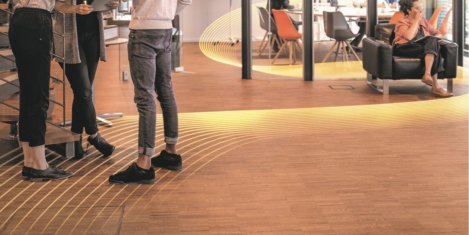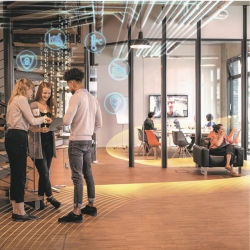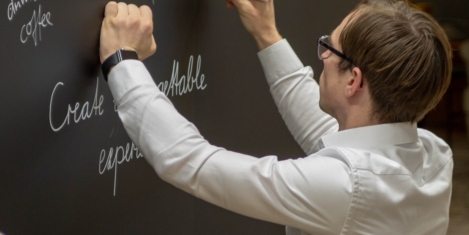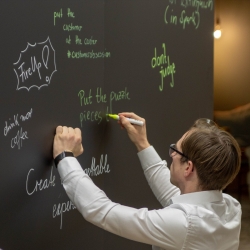To provide the best experiences, we use technologies like cookies to store and/or access device information. Consenting to these technologies will allow us to process data such as browsing behaviour or unique IDs on this site. Not consenting or withdrawing consent, may adversely affect certain features and functions.
The technical storage or access is strictly necessary for the legitimate purpose of enabling the use of a specific service explicitly requested by the subscriber or user, or for the sole purpose of carrying out the transmission of a communication over an electronic communications network.
The technical storage or access is necessary for the legitimate purpose of storing preferences that are not requested by the subscriber or user.
The technical storage or access that is used exclusively for statistical purposes.
The technical storage or access that is used exclusively for anonymous statistical purposes. Without a subpoena, voluntary compliance on the part of your Internet Service Provider, or additional records from a third party, information stored or retrieved for this purpose alone cannot usually be used to identify you.
The technical storage or access is required to create user profiles to send advertising, or to track the user on a website or across several websites for similar marketing purposes.
 No more than 15 percent of healthy workers confined to their homes will work productively, argues new research from right leaning think tank the Institute of Economic Affairs. Government restrictions on social interaction designed to slow the spread of coronavirus have led to a rapid increase in the number of people working from home. But a new briefing paper from the Institute of Economic Affairs (IEA) suggests this is unlikely to be maintained in the long term. (more…)
No more than 15 percent of healthy workers confined to their homes will work productively, argues new research from right leaning think tank the Institute of Economic Affairs. Government restrictions on social interaction designed to slow the spread of coronavirus have led to a rapid increase in the number of people working from home. But a new briefing paper from the Institute of Economic Affairs (IEA) suggests this is unlikely to be maintained in the long term. (more…)






 Research of product popularity and customer click out data by product comparison service,
Research of product popularity and customer click out data by product comparison service, 

























April 6, 2020
So what sort of homeworker are you?
by Sarah Booth • Comment, Flexible working